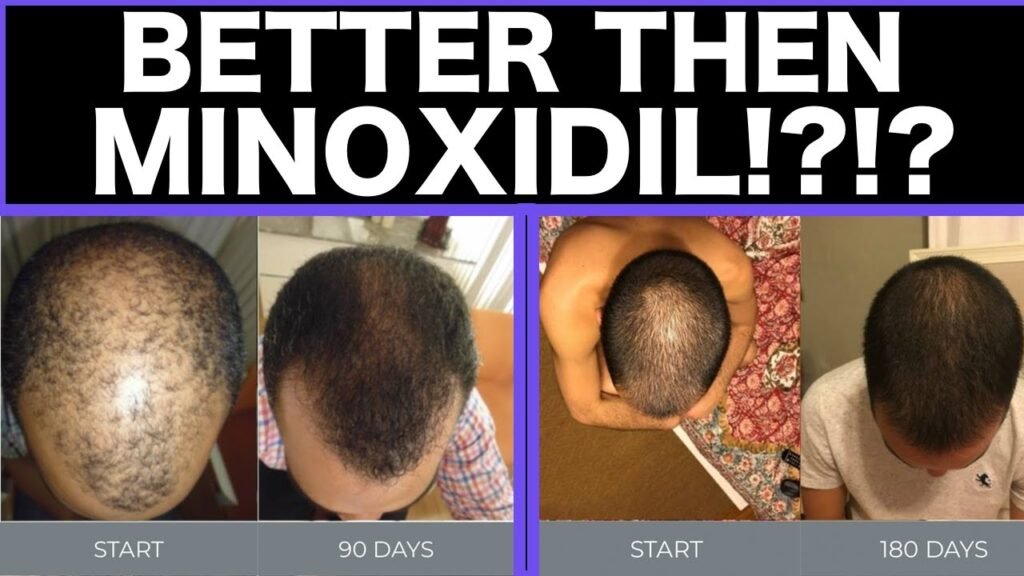Which one should you use: Minoxidil vs rosemary oil
When it comes to hair growth solutions, both Minoxidil and rosemary oil have garnered attention for their potential benefits. Minoxidil, a well-researched topical medication, is commonly used to stimulate hair growth and slow balding. It works by improving blood flow to hair follicles, thereby promoting healthier hair growth. On the other hand, rosemary oil, a natural essential oil, is believed to enhance circulation and has been traditionally used for its soothing and anti-inflammatory properties.
Effectiveness and Research
Minoxidil is backed by substantial scientific evidence and is approved by regulatory bodies like the FDA for treating hair loss. It is often recommended for androgenetic alopecia and is available in both 2% and 5% formulations. Users typically notice results after consistent use over several months. Conversely, while rosemary oil is less studied than Minoxidil, some research suggests it might improve hair thickness and growth by inhibiting the production of DHT, a hormone linked to hair loss. However, more extensive studies are needed to fully establish its efficacy.
Application and Side Effects
Application methods for these two products differ significantly. Minoxidil is usually applied twice daily and may initially cause increased hair shedding, a normal part of the process as new hair begins to grow. Side effects can include scalp irritation or unwanted facial hair growth. Rosemary oil, often diluted with a carrier oil, is massaged into the scalp. It’s generally considered safe with minimal side effects, though some people might experience allergic reactions or irritation.
Ultimately, the choice between Minoxidil and rosemary oil depends on individual preferences, specific hair concerns, and how ones scalp responds to each treatment.


